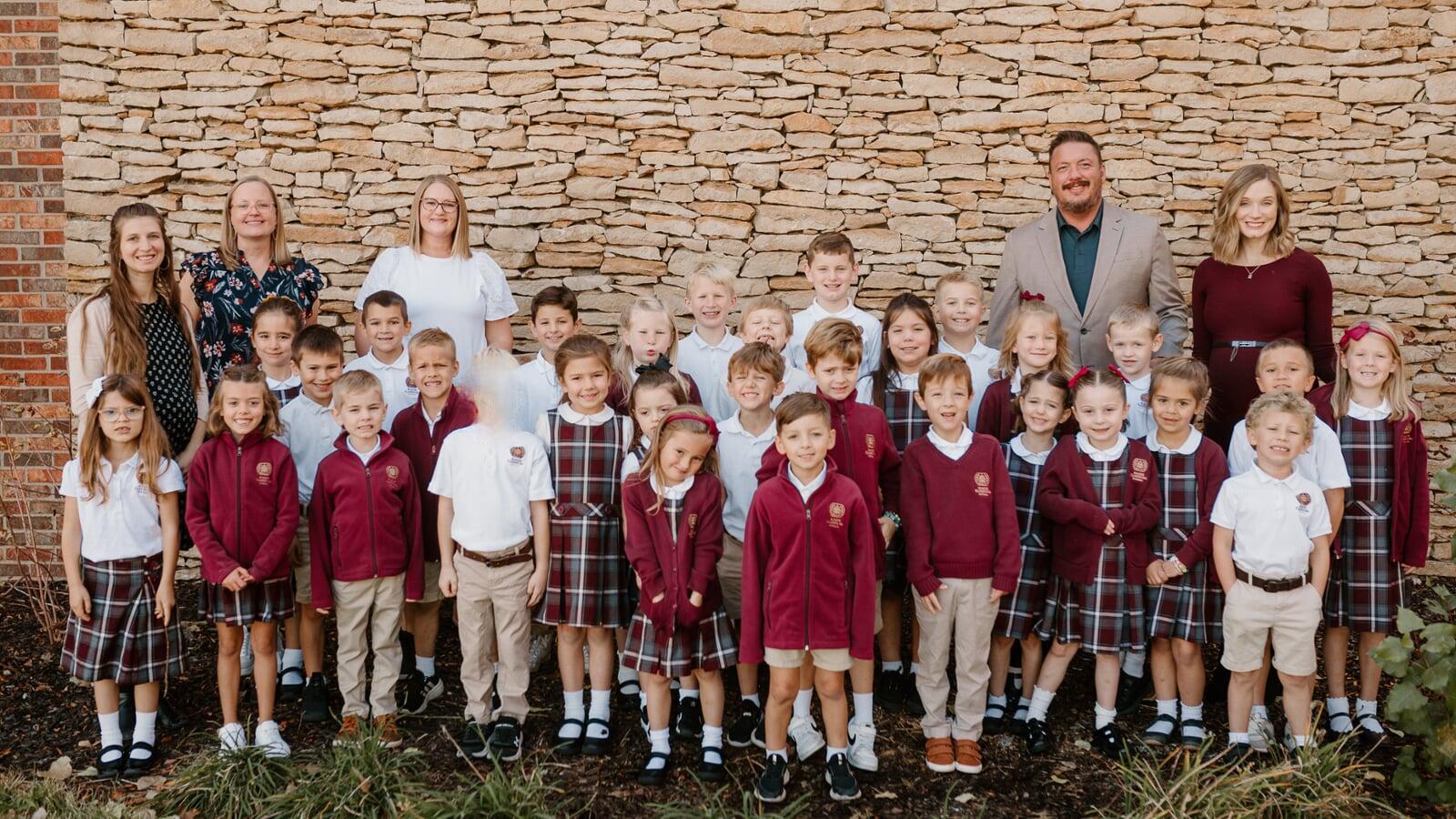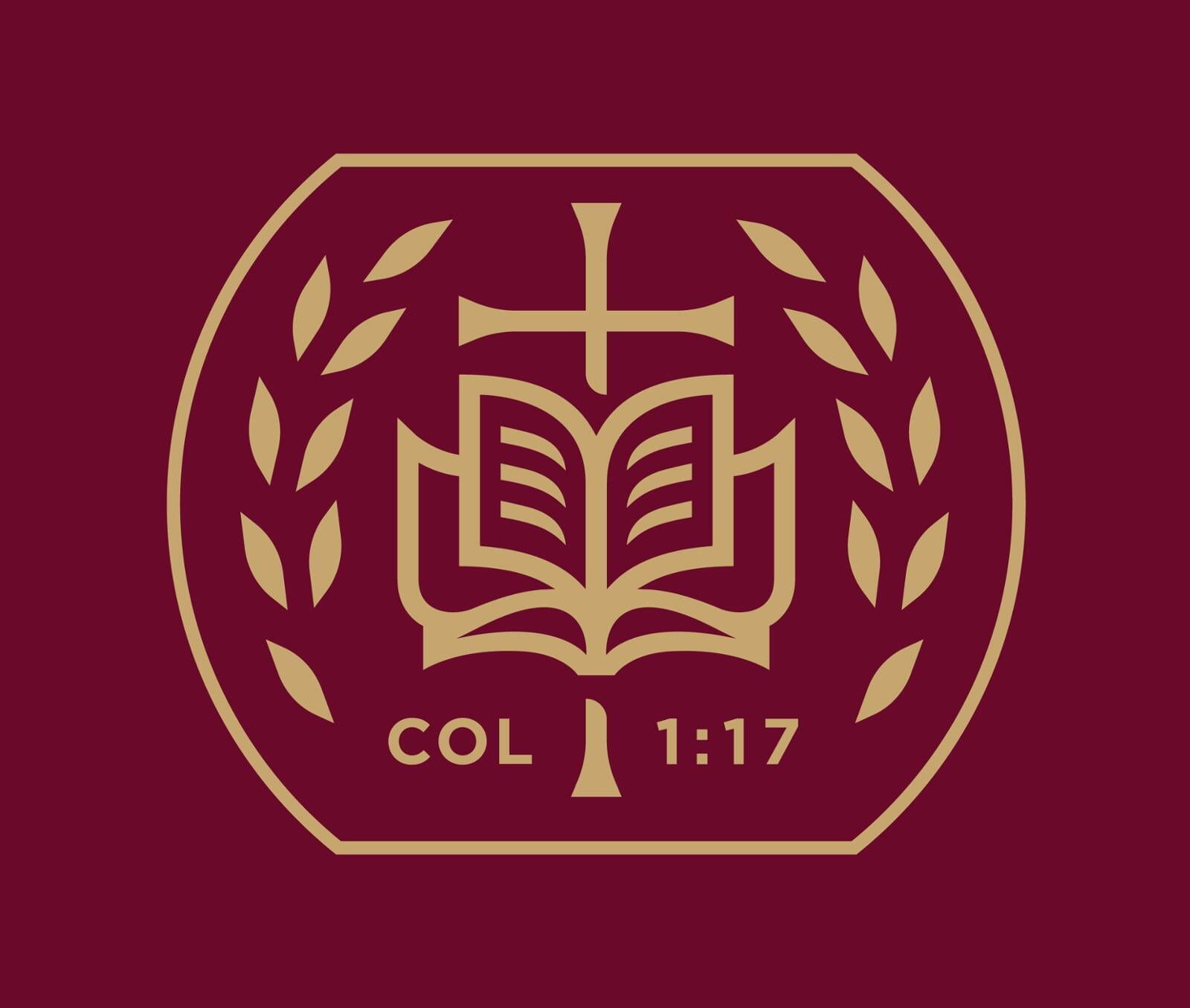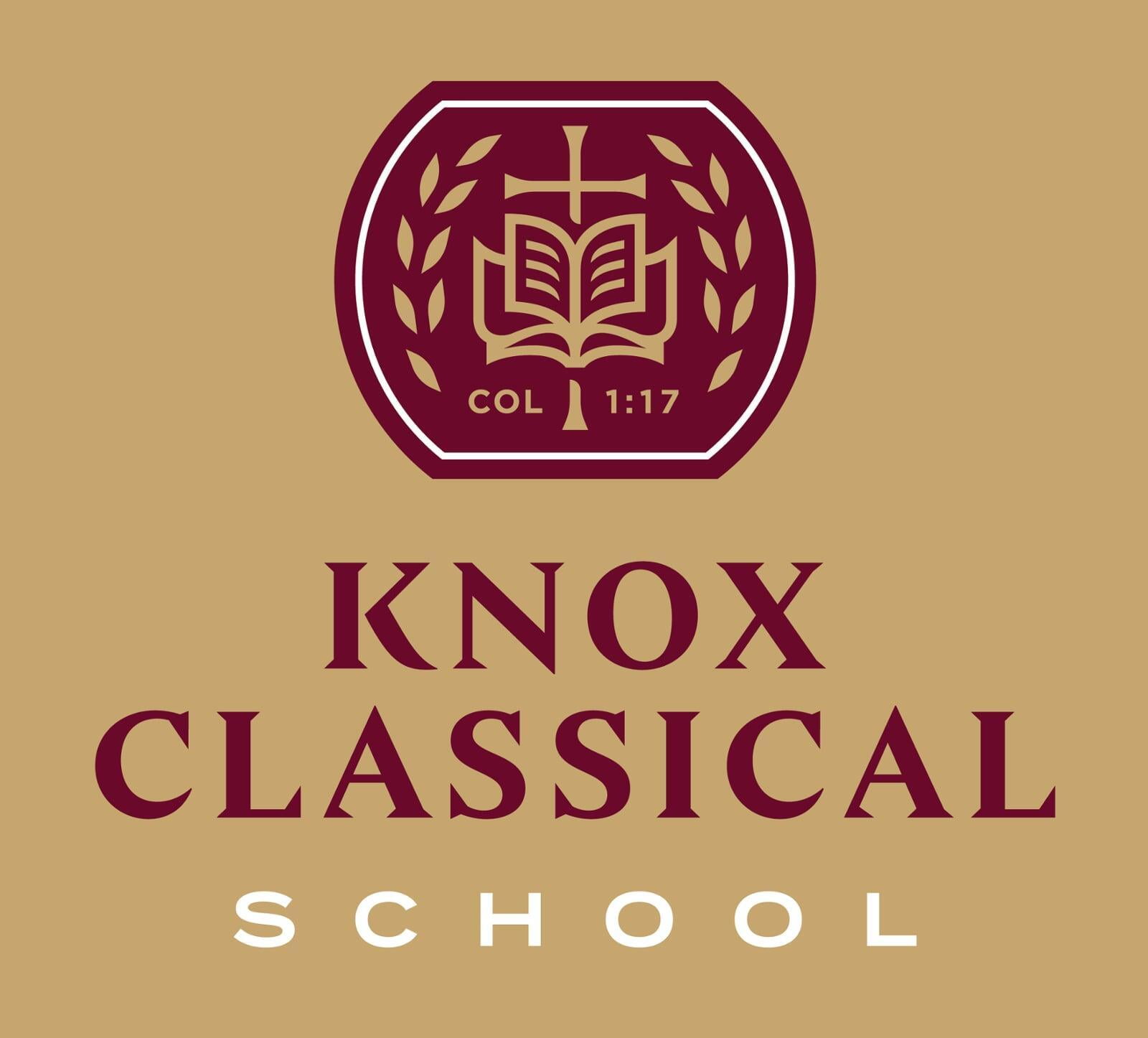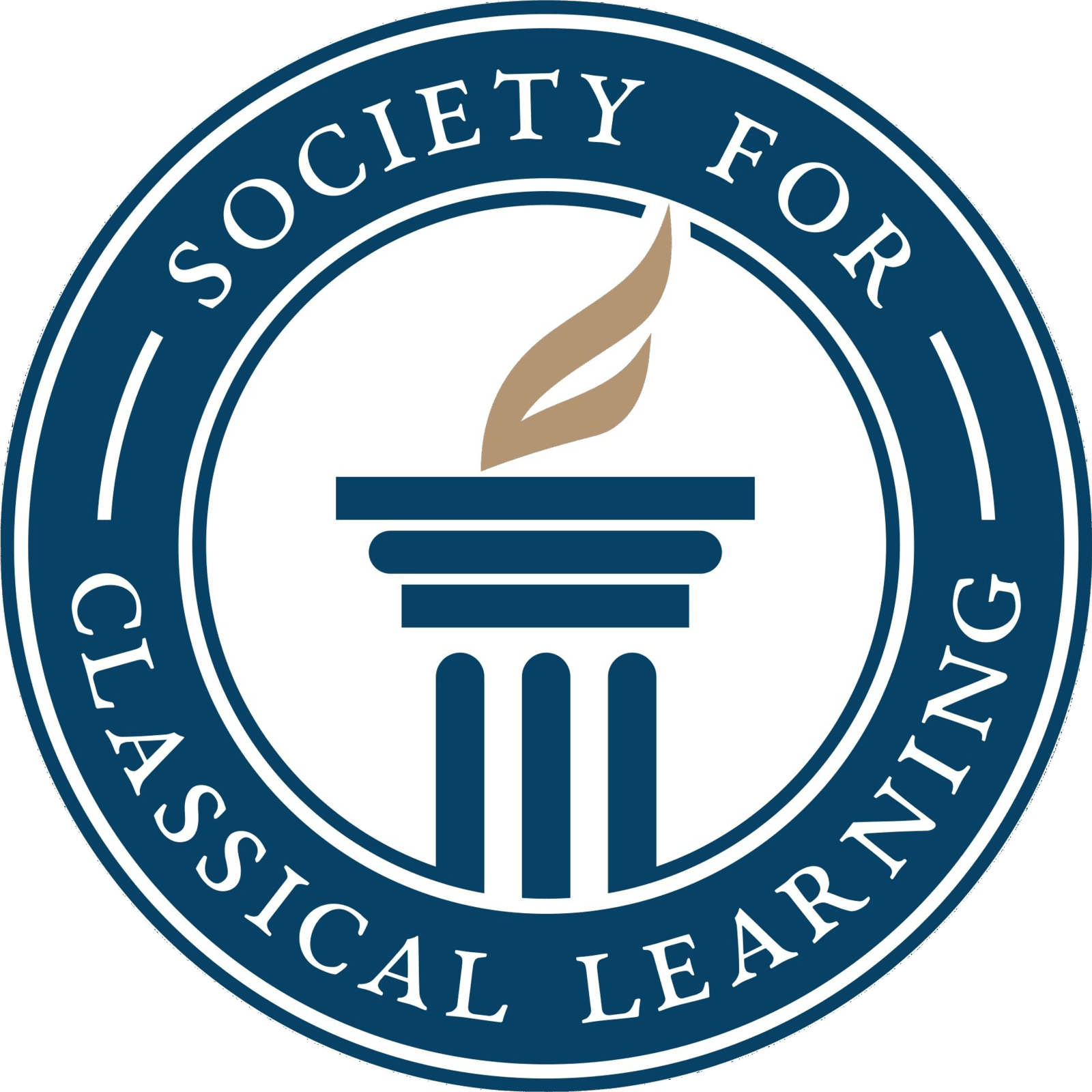Method of Education
One of the most important features of classical education is the method it uses—a method that aligns with children's natural intellectual development and trains students how to learn for themselves. In short, our goal isn't just to teach students what to think but also how to think.

The Trivium
To train students how to think and how to become life-long learners, we use a method known as "the trivium." During the Middle Ages, scholars distilled the rich educational tradition of the Greeks and Romans into seven liberal arts—the trivium (or "verbal arts"), consisting of grammar, logic, and rhetoric; and the quadrivium (or "quantitative arts"), consisting of arithmetic, astronomy, geometry, and music, While the quadrivium is a significant part of a classical education, the subjects comprising the trivium are both subjects unto themselves and the paradigm for all other learning.
Until the late 1800s, most of the English-speaking world used the trivium in education, but progressive educational methods began eroding this classical foundation during the Industrial Revolution. In 1947, Dorothy Sayers, a novelist and writer, argued for a return to an approach that emphasized grammar, logic, and rhetoric in sequential stages to mirror children's natural development, equip children for a life of learning, and develop good character.
Knox Classical School wholly embraces the trivium, which guides our curriculum development and instruction.
The Grammar Stage (approximately kindergarten through fourth grade) focuses on the accumulation of knowledge. Each subject has its own "grammar," or fundamental rules. During the grammar phase of classical education, children memorize and absorb as much knowledge about as many subjects as possible, providing a framework for later reasoning and analysis. Young children have an amazing ability to memorize vast amounts of information, and through chanting, singing, skip counting, and reciting, children can joyfully grow in knowledge about God's Word and world.
The Logic Stage (approximately fifth through eighth grade) equips students to discern what is good, true, and beautiful. The logic phase equips students to understand the connections between the knowledge they acquired across various subjects and recognize Christ's primacy over them all. Students are encouraged to ask questions, debate, and dispute (which they are more than willing to do at this age!) in order to find and treasure what's true.
The Rhetoric Stage (approximately ninth through twelfth grade) trains students to express persuasively what they have learned. By this stage of their education, students have largely settled on what they think but need to learn how to present their thoughts clearly, eloquently, and gracefully. This stage requires the cultivation of wisdom—the culmination of an education designed to help students "always be[] prepared to make a defense to anyone who asks [them] for a reason for the hope that is in in [them]" (1 Pet. 3:15).


